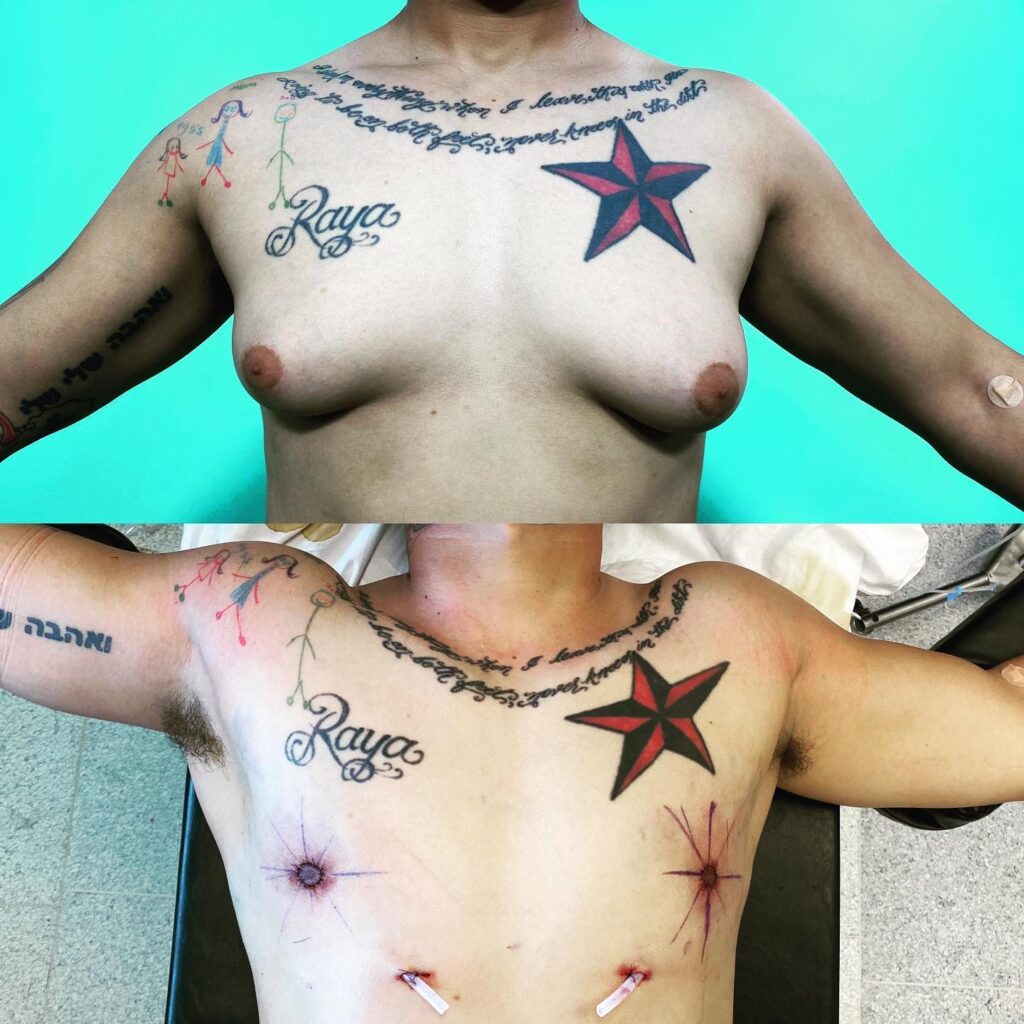What Causes Gynecomastia in Males?
What Are the Causes of Gynecomastia and Can You Avoid Them?
Gynecomastia is a condition in which the glandular tissue in the breasts becomes enlarged in boys or men. Male breast tissue may not disappear on its own in cases of other types of gynecomastia, such as gynecomastia brought on by specific drugs or chemicals. However, male breast reduction can be a great way to successfully get rid of extra fat and glandular tissue while giving the chest a flatter appearance.
Boys or men who develop gynecomastia have enlargement of the glandular tissue in their breasts, which can occasionally be uncomfortable or painful around the nipple. It commonly happens in infancy, adolescence, or middle to late life and is the result of a hormonal imbalance. It’s important to distinguish between gynecomastia and breast growth brought on by fat deposits in overweight men.
While the illness frequently resolves on its own, there are therapies available in circumstances where it is severe or persistent. When an underlying health issue causes gynecomastia, treating that issue typically helps the gynecomastia as well.
The effects of gynecomastia on your body
Under the nipple of one or both breasts, gynecomastia appears as a button-sized growth. If you press on the area, you might feel this or be able to see it as a breast lump. The lump may be tender and may move easily within the breast tissue. Breast enlargement and breast lumps can affect one or both breasts.
Breast tissue can develop and grow in a male when there is an imbalance between the hormone’s testosterone and estrogen. The hormone that regulates breast tissue growth, estrogen, is typically only produced in small amounts by male bodies. Your breasts may enlarge if your body produces too much estrogen or if you have low testosterone (hypogonadism).
Steroids, cannabis used for recreational purposes, and other medications are thought to be a factor in gynecomastia, even though the exact cause of this condition is not always known. Gynecomastia development can also be influenced by additional factors like weight and age. Gynecomastia is primarily brought on by a genetic predisposition passed down from a male relative.
Due to extra fatty tissue, enlarged breasts can occasionally develop in obese people. Pseudo gynecomastia is the name for this condition.
What factors lead to breast enlargement in men?
Male breast enlargement can be brought on by several conditions, including
- Thyroid cancer.
- Kidney failure or kidney disease.
- Klinefelter disease (an inherited condition).
- Liver illness.
- Thyroid conditions.


Can you prevent gynecomastia?
Many of the hormonal changes that cause men to develop gynecomastia are unavoidable. If necessary, you can lower your risk of breast enlargement by changing your medication or getting help for a drug or alcohol use disorder. For most teenagers, the change is only temporary (called pubertal gynecomastia), but some men who have gynecomastia may experience embarrassment or self-consciousness due to their appearance.
Many men discover that covering it up with loose-fitting clothing until the breasts shrink helps to lessen its visibility. Consult your doctor about treatment options if you have gynecomastia and it bothers you a lot or has persisted for more than two years. If any of the following occur, contact your healthcare provider: breast discomfort, breast lumps, or strange breast changes, such as if your breasts or underarms itch or if there’s any discharge.
Are there any problems that can arise from gynecomastia? Does breast enlargement mean I have male breast cancer?
According to studies, men who have breast enlargement may be slightly more likely to develop breast cancer. Anytime you experience or detect unusual breast changes, you should consult your healthcare provider. When taking different medications or with time, male breast enlargement frequently disappears. Some men experience self-consciousness about their appearance, which can cause anxiety and depression. But after gynecomastia is treated, these issues begin to improve.
Will my breast tissue naturally disappear?
It depends, is the short response. Gynecomastia in young boys typically disappears after puberty. Gynecomastia may appear temporarily in some children, teenagers, and adults, but it may also be permanent. Gynecomastia surgery, called male breast reduction, is the only proven treatment for this condition.
Gynecomastia surgery, when carried out by a qualified Gynecomastia plastic surgeon, alters the male patient’s physical appearance permanently. In many cases, removing gynecomastia only requires one outpatient surgical procedure. Here at VIDA Wellness and Beauty this procedure, when carried out by our qualified Gynecomastia plastic surgeon, alters the patient’s physical appearance permanently through surgery. In many cases, removing gynecomastia only requires one outpatient surgical procedure.